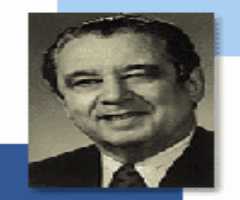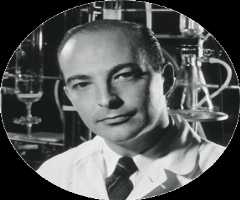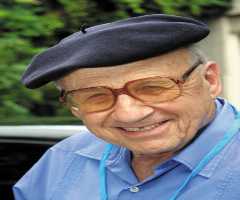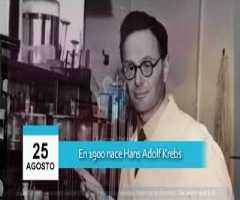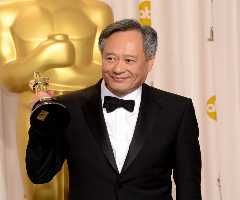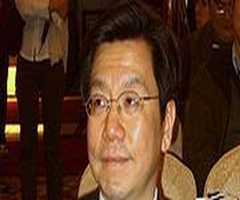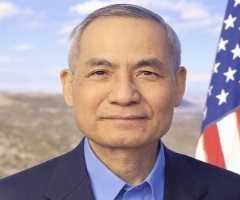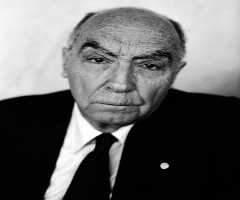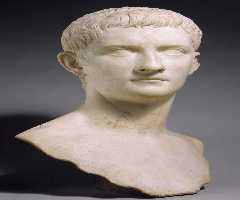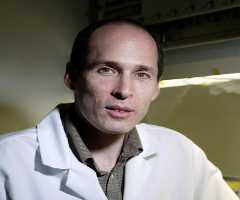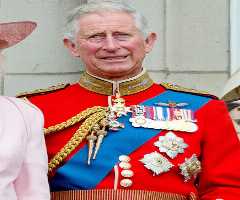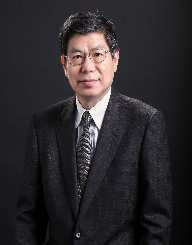
Also Known For : Scientist
Birth Place : Hsinchu, Taiwan
Zodiac Sign : Scorpio
Chinese Zodiac : Rat
Birth Element : Fire
Yuan T. Lee Biography, Life, Interesting Facts
Yuan T. Lee is a Taiwanese Chemist won the Nobel Prize in Chemistry in 1986. Born on November 19, 1936, he shared the award with American Dudley R. Herschbach and Hungarian-Canadian John C. Polanyi "for their contributions to the dynamics of elementary chemical processes." Yuan T. Lee works in the field of physical chemistry included using advanced chemical kinetics techniques in investigating and manipulating the behavior of chemical reactions with molecular beams. Yuan T. Lee was the President of the Academia Sinica of Taiwan from 1994 to 2006. Yuan T. Lee also became the head of the International Council for Science in 2001.
Early Life And Education
Yuan T. Lee was born to Lee Tze-fan and Ts'ai P'ei on November 19, 1936, in Shinchiku City in northern Taiwan, then under Japanese rule. His father was a prominent artist and his mother an elementary school teacher. Yuan T. Lee had an interest in sports growing u and therefore participated in various sporting activities during his school days. His elder brother Yuan-Chuan Lee became a professor at John Hopkins University, his younger brother is Yuan-Pern Lee, and his sister Chi-Mei Lee became a professor in National Chung Hsing University Yuan T. Lee started his education in Hsinchu Elementary School where Yuan T. Lee played baseball and ping-pong. He continued his education at the Hsinchu Senior High School, where Yuan T. Lee also played tennis and trombone.
After graduating, Yuan T. Lee enrolled at the National Taiwan University and did not take entrance exams due to his excellent academic achievement in high school. Yuan T. Lee graduated with a BSc in 1959. In 1961, Yuan T. Lee received his M.S at the National Tsing Hua University and also obtained his Ph.D. in 1965 at the University of California, Berkeley under the supervision of Bruce H. Mahan. From 1977 to 1984, Yuan T. Lee served as a member of the Chemistry International Board.
Career
After earning his Ph.D., Yuan T. Lee worked with Dudley Herschbach at Harvard University on the construction of universal crossed molecular beams equipment and the reactions between hydrogen atoms and atomic alkali molecules in 1967. In 1968, Yuan T. Lee joined the University of Chicago. After spending six years in Chicago, he returned to the University of California as a professor of chemistry in 1974. Yuan T. Lee was also the principal investigator at the Lawrence National Laboratory at the University. Yuan T. Lee became a citizen of the United States in the same year. He has been a University Professor Emeritus of the University of California system. Yuan T. Lee became the President of the Academia Sinica of Taiwan from January 15, 1994, to October 19, 2006.
Research Work
Yuan T. Lee built on research done by others on kinetic chemistry since the 18th century. His research was mainly focused on how to control the energies exerted by reagents and to digest the dependence of chemical reactivity on molecular orientation. Yuan T. Lee also delved into the nature of reaction intermediates, decay dynamics, and identifying complex reaction mechanisms. Yuan T. Lee used the technique known as the “crossed molecular beams technique” in his research into the subjects. With this technique, information received from measurements of angular and velocity distributions enabled him and his team of researchers including American Dudley R. Herschbach and Hungarian-Canadian John C. Polanyi to understand the dynamics of elementary chemical reactions. This research won them the Nobel Prize in Chemistry for "for their contributions to the dynamics of elementary chemical processes."
Personal Life
Yuan T. Lee is married to Bernice Wu Chin-li his childhood friend from elementary school. The couple has three children, Ted, Sidney, and Charlotte. He was among the 22 Nobel Laureates who signed the Humanist Manifesto in 2003. He renounced his US citizenship in 1994 to pick the position of President of the Academia Sinica in Taiwan.
Awards And honors
Yuan T. Lee has received several awards aside from his Nobel Prize award including the Harrison Howe Award, Peter Debye Award, National Medal of Science, and the Othmer Gold Award. He is a Sloan Fellow, Fellow of American Academy of Arts and Sciences, Member of International Academy of Science and a Guggenheim Fellow among several others.
More Chemists
-
![Willard Frank Libby]()
Willard Frank Libby
-
![Herbert C. Brown]()
Herbert C. Brown
-
![Arthur Kornberg]()
Arthur Kornberg
-
![Otto Fritz Meyerhof]()
Otto Fritz Meyerhof
-
![Walter Kohn]()
Walter Kohn
-
![Hans Adolf Krebs]()
Hans Adolf Krebs

